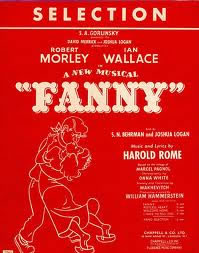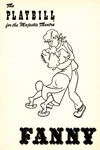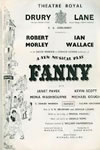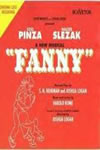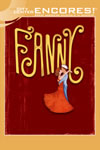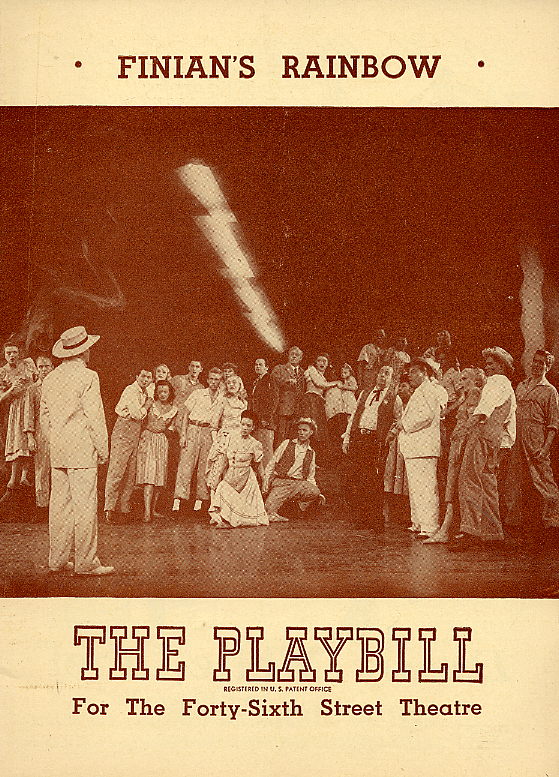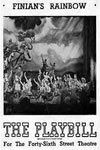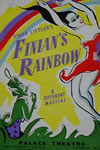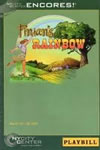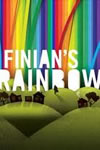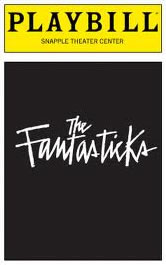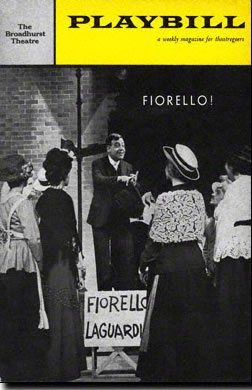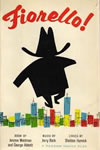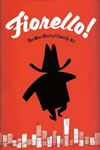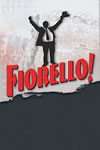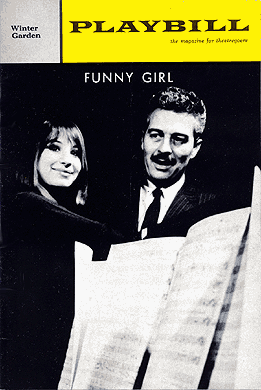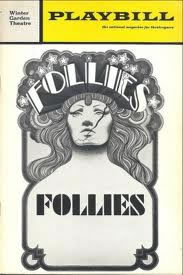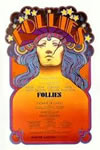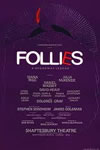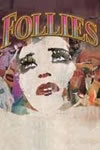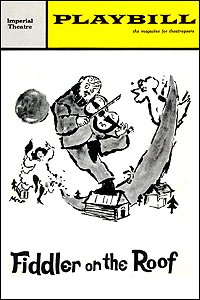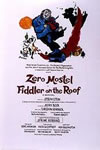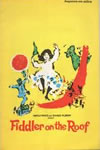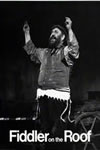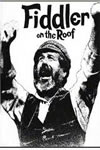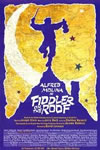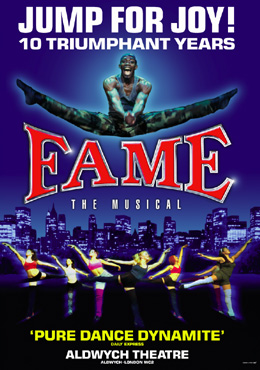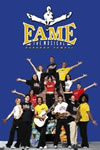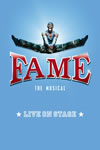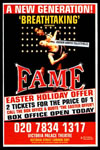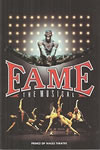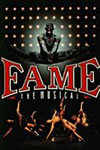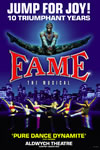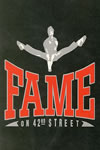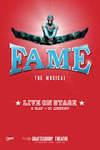Finding Neverland is the Broadway musical written by Gary Barlow and Eliot Kennedy. Featuring a parade of stars as the Scottish writer J. M. Barrie, including Matthew Morrison and Alfie Boe, Finding Neverland is based on the 2004 film starring Johnny Depp and Kate Winslet. Following the story of J. M. Barrie and his unlikely friendship with Sylvia Llewelyn Davies and her sons, the musical documents the inspiration behind his ever-successful play Peter Pan. When Barrie befriends the boys, he begins to write about their adventures. Being particularly inspired by the youngest Llewelyn Davies boy, Peter, his legendary play slowly begins to take form.
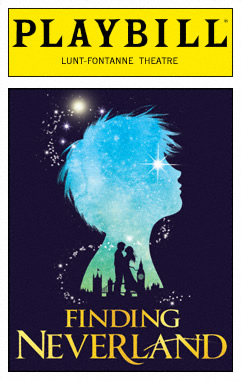
Gary Barlow and Eliot Kennedy
Gary Barlow and Eliot Kennedy
James Graham
Marc Forster's 2004 film starring Johnny Depp
David Magee
Harvey Weinstein
Diane Paulus
Mia Michaels
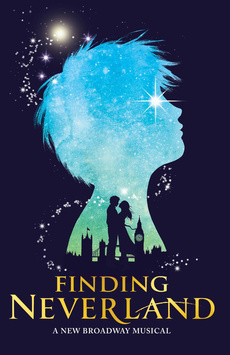
Original Broadway Production
Lunt-Fontanne Theatre - Opened 15 Apr 2015, closed 21 Aug 2016
Cast: Matthew Morrison (J. M. Barrie), Laura Michelle Kelly (Sylvia Llewelyn Davies), Kelsey Grammar (Charles Frohman/James Hook), Teal Wicks (Mary Barrie), Alex Dreier, Hayden Signoretti and Noah Hinsdale (Michael Llewelyn Davies), Hayden Signoretti, Christopher Paul Richards and Alex Dreier (Jack Llewelyn Davies), Sawyer Nunes, Christopher Paul Richards and Jackson Demott Hill (George Llewelyn Davies), Aidan Gemme, Christopher Paul Richards and Jackson Demott Hill (Peter Llewelyn Davies), Carolee Carmello (Mrs du Maurier), Melanie Moore (Peter Pan), Tyley Ross (Lord Cannan) Replacements: Alfie Boe, Tony Yazbeck (J. M. Barrie), Anthony Warlow, Terrence Mann, Marc Kudisch, Paul Slade Smith (Charles Froham/James Hook), Dana Costello (Mary Barrie), Sandy Duncan, Sally Ann Triplett (Mrs du Maurier)
What was your favourite production? Add your thoughts in the comments box
Twitter Synopsis:
With songs composed by Gary Barlow, Finding Neverland brings the magic of the boy who would never grow up to the stage.
Add your own Twitter style synopsis (140 characters only!) in the comments box
Based on the 2004 film of the same name, Finding Neverland follows famous Scottish writer J. M. Barrie, his friendship with Sylvia Llewelyn Davies and close relationship with her four sons. After a less than successful opening of his latest play Little Mary, Barrie meets widowed Sylvia and her sons in Kensington Gardens and they all soon develop a strong bond.
M. Barrie proves to be a great friend and father figure to the boys, and his antics with the children quickly begin to inspire him to write a play about boys who never wish to grow up, with youngest son Peter provides particular inspiration. Soon, people begin to question his relationship with Sylvia, although it remains fiercely platonic. His wife Mary divorces him and Sylvia’s mother starts to object at the amount of time Barrie spends with the family.
Sylvia becomes increasingly weak after an illness, but Barrie continues to play with the boys, taking the adventures they experience and turning them into Peter Pan. Presenting his idea to Producer Charles Frohman, Frohman reluctantly agrees to put on the play, despite believing that it will not appeal to his upper-class theatregoers. Barrie takes it on himself to disperse children from a local orphanage throughout the audience, which causes the surrounding adults to delight in the play. Proving a huge success, Peter Llewelyn Davies arrives to watch the show and realises that it is about him and his brothers; George, Michael and Jack.
Too ill to attend the theatre, Barrie puts on a production for Sylvia in her home, gathering the actors, props and musicians in her house. At the end, Peter Pan points to the doors to signify that she should go to Neverland. She takes the hand of her boys and walks into Neverland, implying her death. At Sylvia’s funeral, Barrie discovers that her will reads that he should take care of the Llewelyn Davies boys, which he is overjoyed at. Barrie and Peter form a bond unlike any other.
Act I
- “Prologue” – Orchestra
- “If the World Turned Upside Down” – J. M. Barrie
- “All of London is Here Tonight” – Frohman, J. M. Barrie, Mary and Ensemble
- “The Pirates of Kensington” – George, Jack, Peter and Michael
- “Believe” – J. M. Barrie, Sylvia, Boys and Ensemble
- “We Own the Night” – Mary, Mrs du Maurier, Lord Cannan, Frohman, Sylvia, J. M. Barrie, Boys and Servants
- “All That Matters” – Sylvia and Mrs du Maurier
- “Sylvia’s Lullaby” – Sylvia
- “Neverland” – J. M. Barrie and Sylvia
- “Circus of Your Mind” – Frohman, Mary, Mrs du Maurier and Ensemble
- “Live by the Hook” – James Hook and Ensemble
- “Stronger” – J. M. Barrie, James Hook and Ensemble
Act II
- “The World is Upside Down” – J. M. Barrie, Frohman and the Acting Troupe
- “What You Mean to Me” – J. M. Barrie and Sylvia
- “Play” – Frohman, Sylvia and the Acting Troupe
- “We’re All Made of Stars” – George, Jack, Peter and Michael
- “When Your Feet Don’t Touch the Ground” – J. M. Barrie and Peter
- “Something About This Night” – Frohman, the Acting Troupe, J. M. Barrie and Peter
- “Neverland (Reprise)” – J. M. Barrie, Sylvia, Mrs du Maurier, Boys and the Acting Troupe
- “Finale (When Your Feet Don’t Touch the Ground)” – Mrs du Maurier, J. M. Barrie and Ensemble
2015 Broadway.com Audience Choice Awards: Favourite New Musical, Favourite New Song “Believe”
UK: Musical Theatre International
USA: Musical Theatre International


